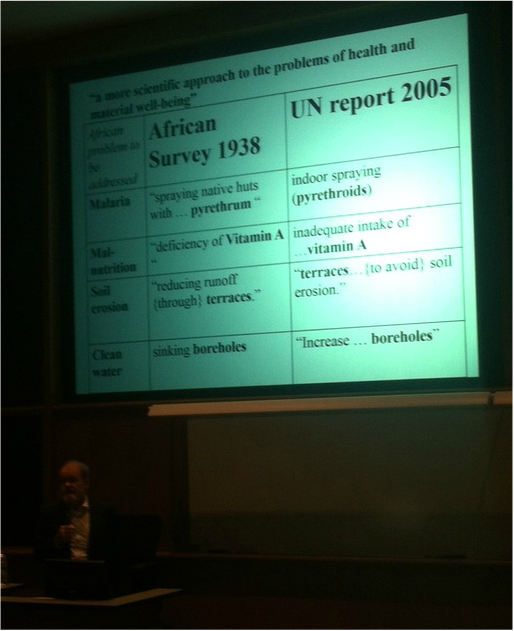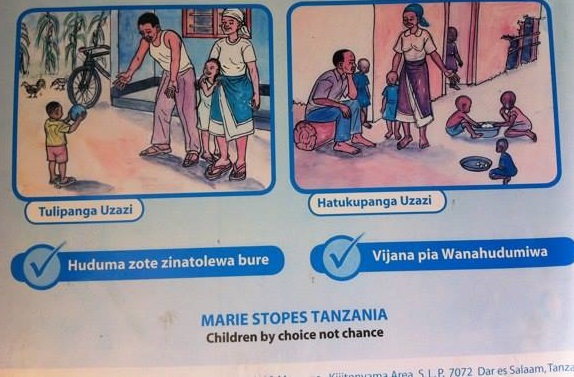There is a "psychological sunk cost" effect- people are more likely to make use of something they have paid a lot for. In addition, people may judge quality by price: Things may be judged to be valueless precisely because they are cheap...for example, these subsides can backfire- usage will be low because the price is so low.
Malaria bed nets, for example, being used as outhouse curtains. I'd seen the rumored bed nets being used as fishing nets and chicken coops, but loved this prime example of bed net creative use in Meatu, Tanzania. Disheartening? Yes.
But don't lose hope:
However, there are now a number of careful experiments that suggest that such anecdotes are oversold. Several studies that have tested whether people use things less because they got them for free found no evidence of such behavior (Cohen and Dupas, 2010).








 RSS Feed
RSS Feed